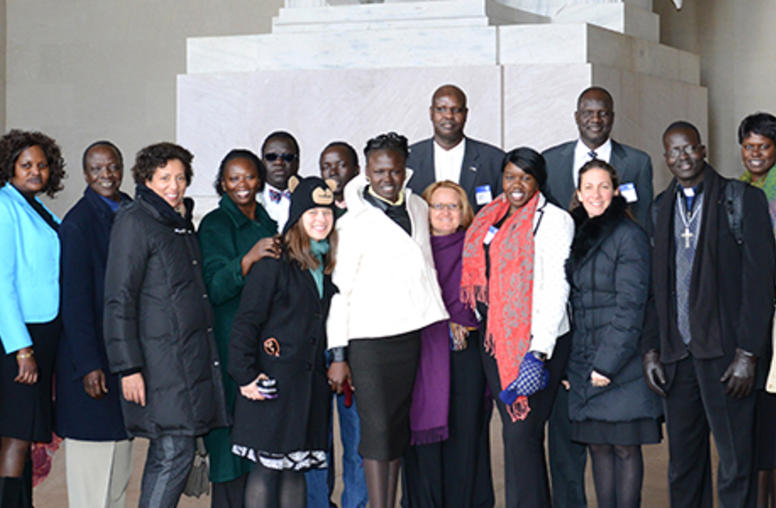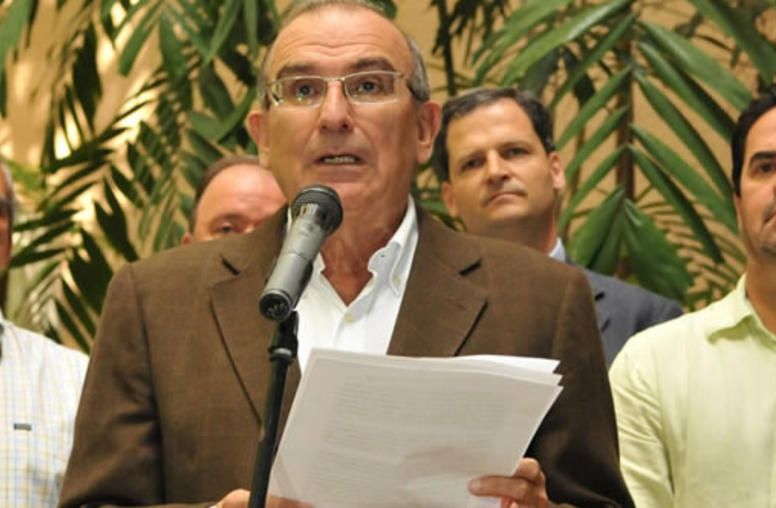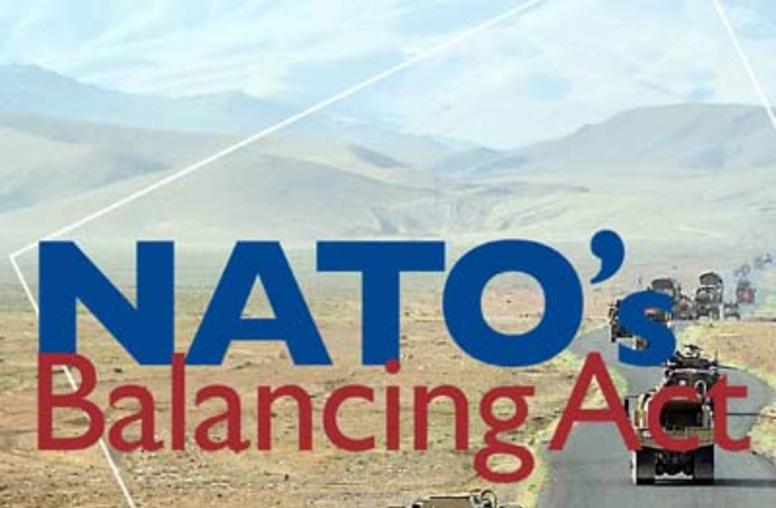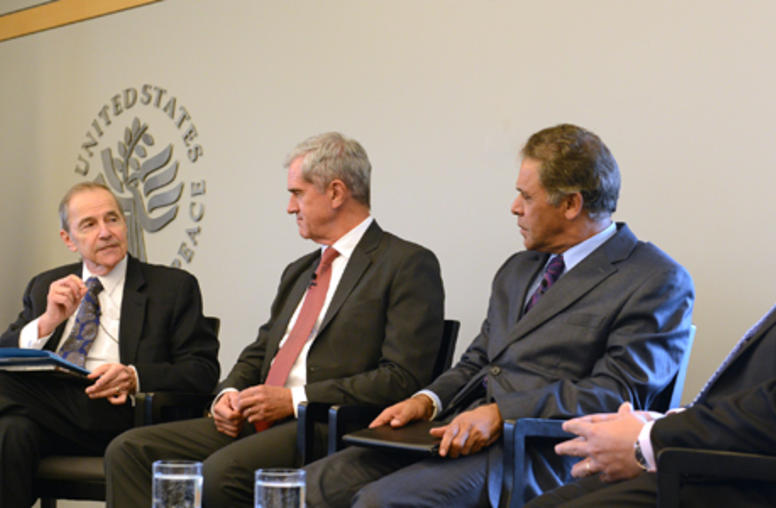The Role of Independent Diplomat: A New Approach to Diplomacy and Conflict
Many states and political groups are at a serious disadvantage in diplomacy due to their inexperience or lack of resources. As a result, they are often unable to effectively articulate their interests in diplomatic forums such as the United Nations, the European Union, the African Union, or in their bilateral diplomatic contacts. Not only does this deny them their legitimate voice, it can also result in bad, unsustainable agreements and thus a more unstable world. This is the diplomatic deficit that Independent Diplomat (ID) was established to redress.
On January 1, Independent Diplomat opened an office in Washington D.C. headed by Soren Jessen-Petersen, former UN under secretary general, special representative of the UN secretary general in Kosovo, and current guest scholar at USIP. Other ID offices are in London, Brussels, and New York. Carne Ross, a former British diplomat with over 15 years of diplomatic experience in the British Foreign Office and United Nations, is the founder of Independent Diplomat. Mr. Ross will describe ID's current operations on behalf of clients in Africa, Asia, and Europe, as well as other initiatives underway.
Archived Audio
To listen to audio or to view video, please click on the links provided below. You also can right click on the links and choose "Save Target As" or "Download Linked File." This will save the file to your computer and then allow you to play it in your media player directly. More Audio Help.
- Listen to the audio from this event.
1:14:24 - 13.6MB
Speakers
- Carne Ross
Founder, Independent Diplomat - Soren Jessen-Petersen
Guest Scholar, U.S. Institute of Peace and Director of Independent Diplomat's Washington, D.C. office - Daniel Serwer, Moderator
Vice President, Post-Conflict Peace and Stability Operations, U.S. Institute of Peace



